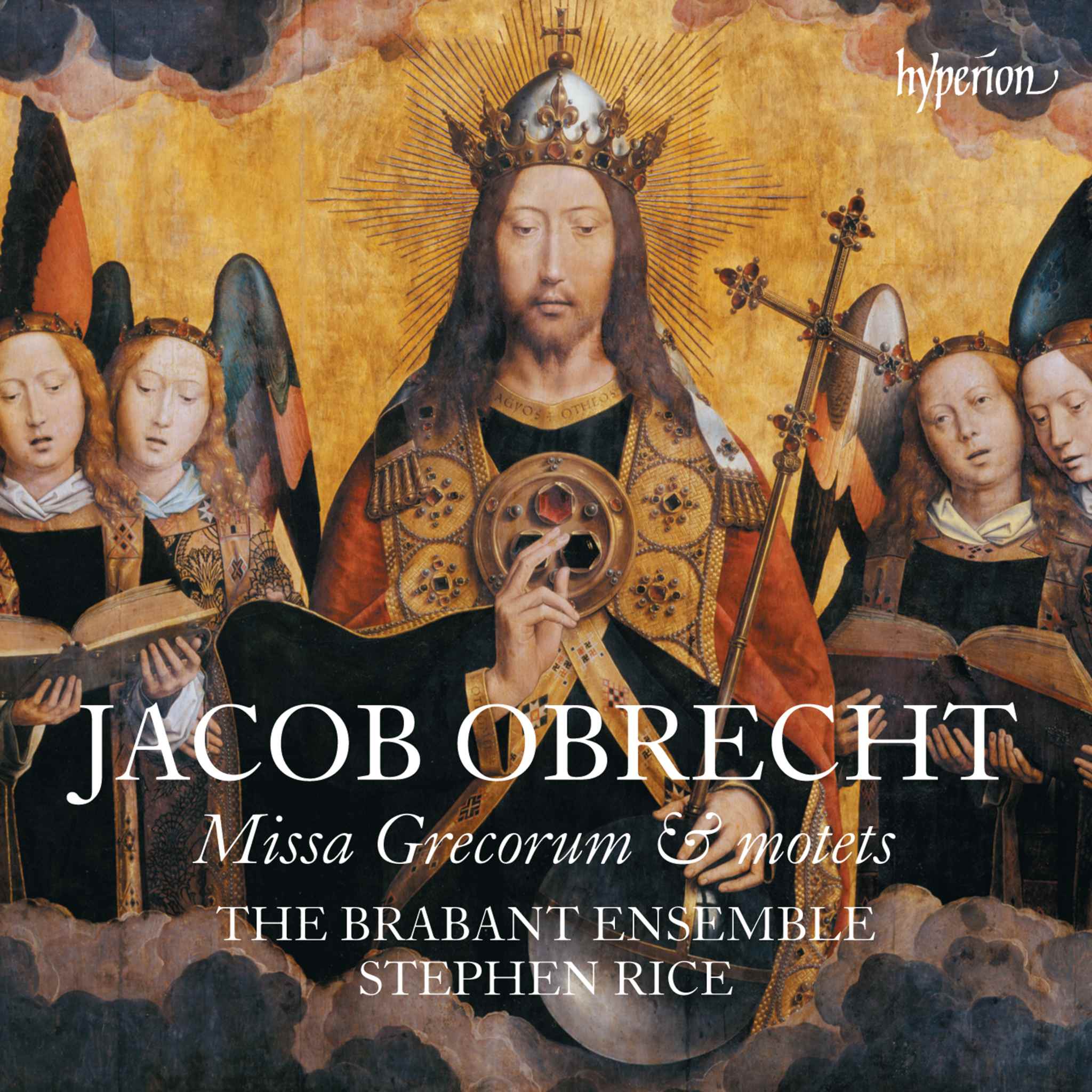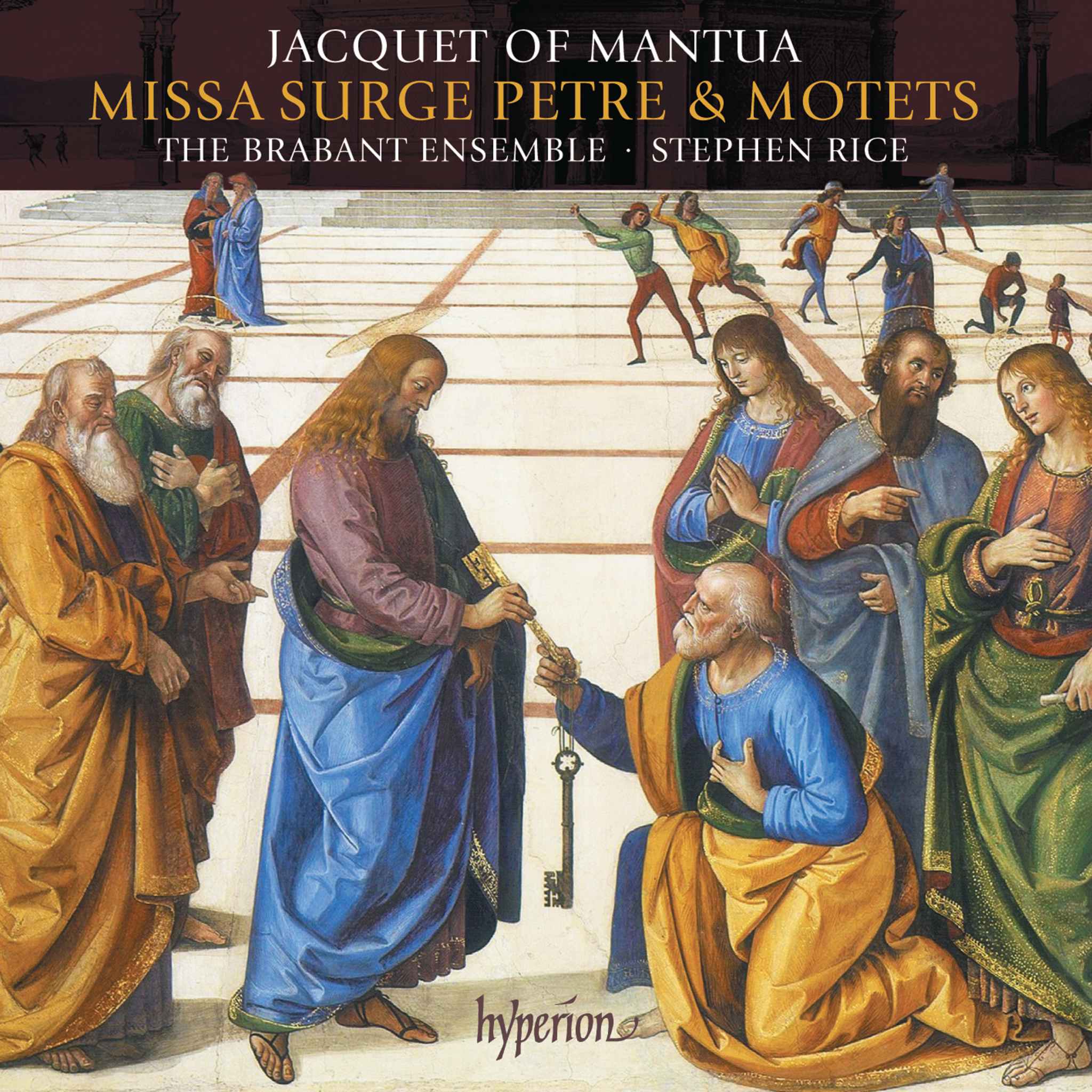Album insights
Born in Rome to a modest family, Muzio Clementi (1752–1832) was taken by Sir Peter Beckford, an Englishman and cousin of novelist William Beckford, to his estate in Dorset when he was 14. Clementi spent seven years there as a musical entertainer, refining his piano skills and composing. He then moved to London, where he became involved in the music scene. During his time in London from 1785 to 1802, he reached the peak of his career as both a performer and composer. He faced competition from Joseph Haydn, who was highly favored by London audiences over local talent. Clementi's performances were especially admired, as noted by the Morning Chronicle in 1791.
Clementi's piano concertos, particularly those from opp. 25, 26, and 33, reflect the high point in his life. These works showcase different styles and complexities, resembling the classical and galant idioms of the time. His Sonatas in op. 25, published in 1790, feature structured compositions with bright melodies and minimal harmonic surprises. Despite Haydn's popularity, Clementi's works stood out for their distinctive melodies and technical brilliance, a quality that resonated with audiences. Clementi's compositions demonstrated a blend of traditional and innovative features, revealing his mastery of pianistic expression and harmonic sophistication.
Clementi's Sonata op. 26, released in 1796, caters to intermediate pianists with its engaging themes and rhythmic complexities. The Sonata op. 41 in E-flat major faced a tumultuous history; initially published without the composer's approval, the work was later corrected and republished with added movements, showcasing Clementi’s maturing style. His compositions, ranging from virtuosic pieces to lyrical melodies, exhibit his evolution as a composer and his ability to blend traditional and progressive elements. Despite facing challenges in the music industry of the late 18th century, Clementi's enduring legacy lies in his innovative approach to piano music and his contributions to the classical repertoire.







